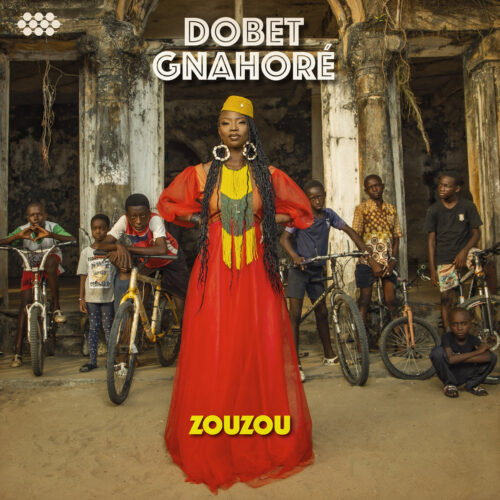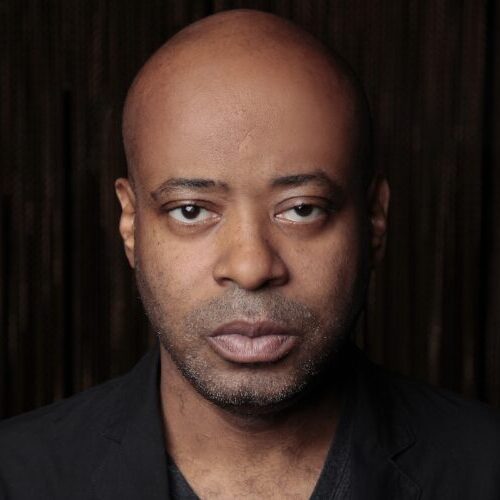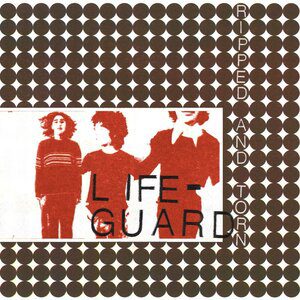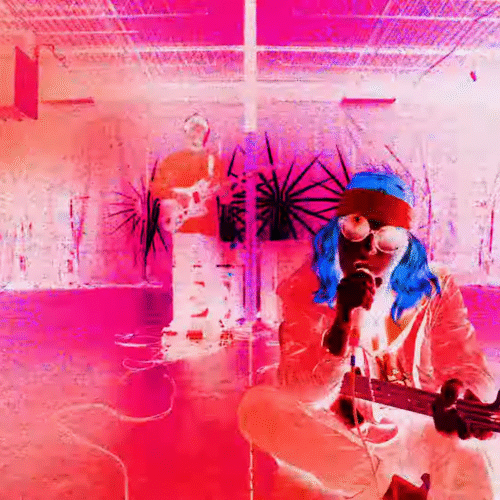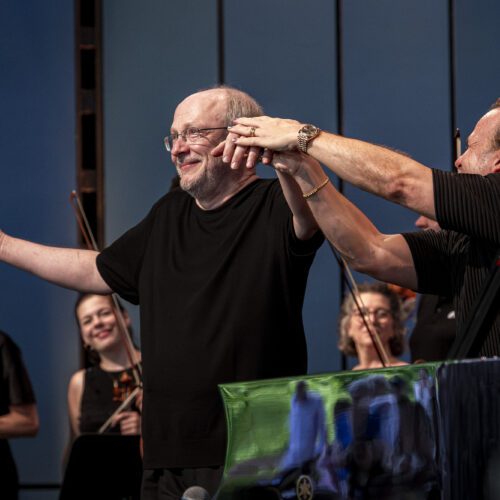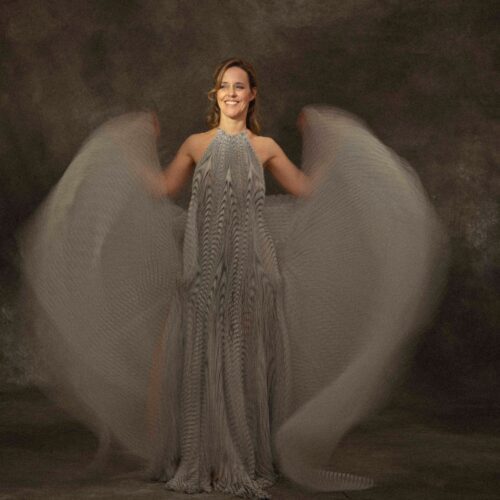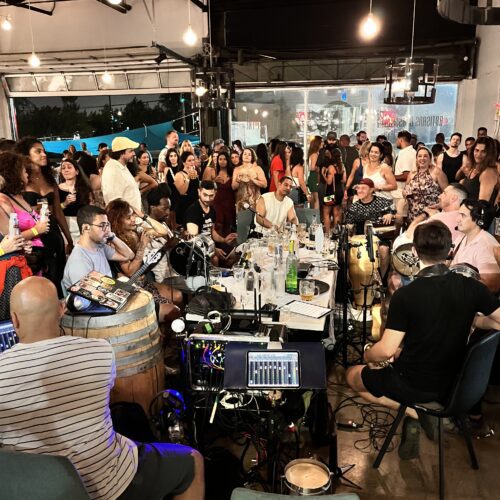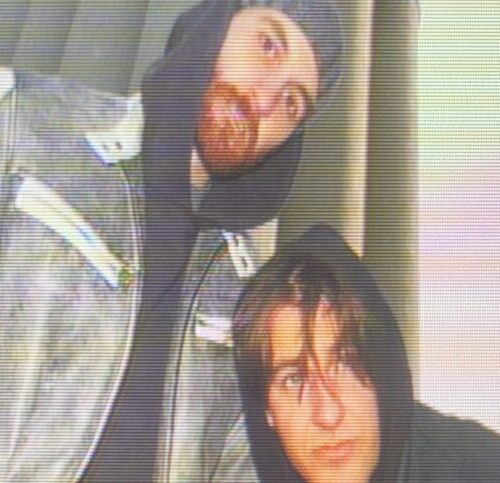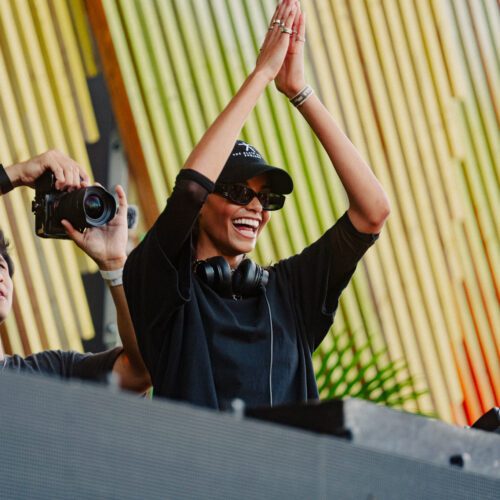Dobet Gnahoré’s seventh studio album, Zouzou (‘angel’) is a kind of soul addition to the discography of the current queen of Afro-pop. Everything we’ve come to love and continue to love about the lady is present (touching melodies, rich instrumentation that echoes West African traditions, buoyant, sunny vocals), but there are two additional elements that flesh out the experience: the first, musical, is the increased presence of electronics. The first, musical, is the increased presence of electronics. Momo Wang, one of Abidjan’s leading producers, has given the Gnahoré “sound” a decidedly more modern edge, giving the pop side a more equal footing with its Afro brother, who remains as strong as ever. We love the subtlety with which Dr Wang has succeeded in bringing synthetic colours into Gnahoré’s usually acoustic universe. It’s a deft touch that never detracts from the artist’s authenticity, but takes him a pleasant step forward.
The other, humanist and social, is the link between Zouzou (album and tour) and a project long thought up by Dobet Gnahoré: the creation of a socio-cultural centre for children and women in distress in Ivory Coast. Dobet refers to it as an “orphanage”, but it’s something much richer and more complex, as she explains in the interview I conducted with her recently.
WATCH THE INTERVIEW WITH DOBET GNAHORÉ ABOUT ZOUZOU
Part of Zouzou’s profits will go towards developing this project. While you’re waiting to support this initiative by buying concert tickets, do the same by buying the album, which is a sure bet.
